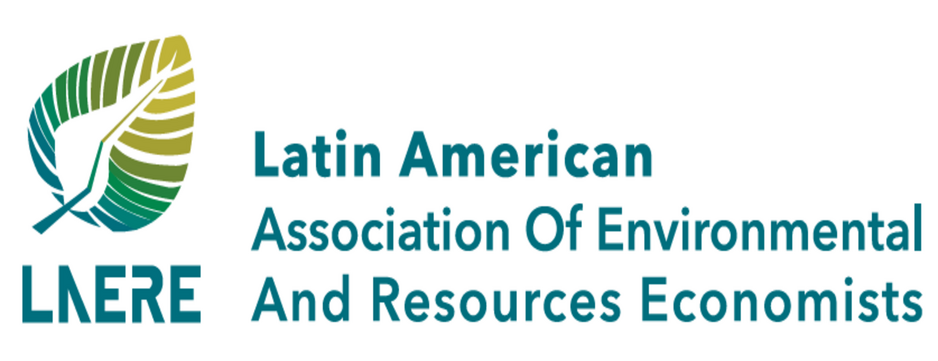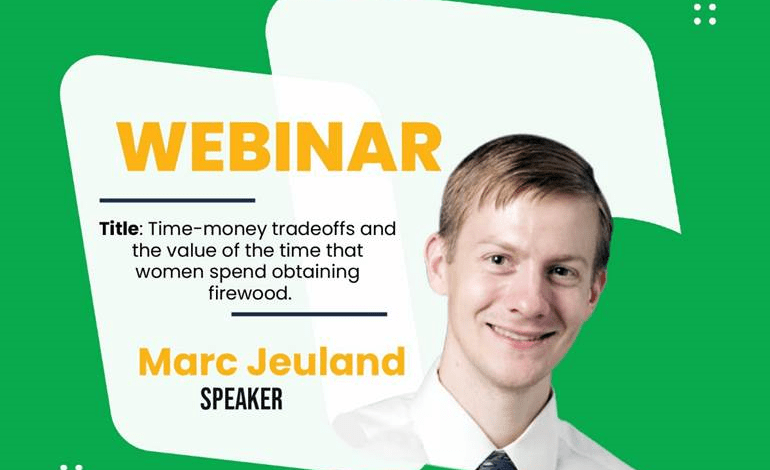New series of seminars by EFD
EFD is pleased to invite you to the inaugural webinar of the EfD, which will take place on November 15, 2023, at 14:00 CEST.
This is a FREE webinar that will be held via Zoom. We are honored to have Marc Jeuland, a renowned environmental economist, to kickstart this series.
Jeuland is an applied environmental economist whose research interests include non-market valuation, water and sanitation, environmental health, energy and development, transboundary water resource planning and management, and the impacts and economics of climate change.
About the webinar:
Title: Time-Money Trade-offs and the Value of Women’s Time Spent Collecting Firewood
Summary: Rural households worldwide heavily rely on biomass, especially firewood, as their primary fuel for cooking, lighting, and heating, with women largely responsible for domestic work in obtaining this fuel from the environment. Interventions aimed at reducing the amount of biomass needed or transitioning households away from biomass altogether have the potential to provide substantial time savings, in addition to the health and environmental benefits more commonly studied. Accurately estimating the value of time (VOT) that households, particularly women, could save with such interventions is crucial for understanding all their social benefits as well as the total social cost of traditional energy use. Unfortunately, previous efforts to estimate this opportunity cost of time in fuel collection are limited. Therefore, we analyze time-money trade-offs made by rural households in four African countries (Malawi, Zambia, Tanzania, and Kenya) when deciding how to obtain firewood. By employing two non-market methods—stated preference and revealed preference—to estimate VOT, we can explore how our results vary both between methods and across contexts. The analysis also shows that other factors, particularly socioeconomic status and the identity of the person collecting firewood, play significant roles in revealed preference choice patterns. Our estimates add important nuance to the standard “rule of thumb” suggesting using 50% of unskilled wages as a starting point for VOT in cost-benefit analysis in low- and middle-income settings.
Zoom link: https://gu-se.zoom.us/j/65835642029

